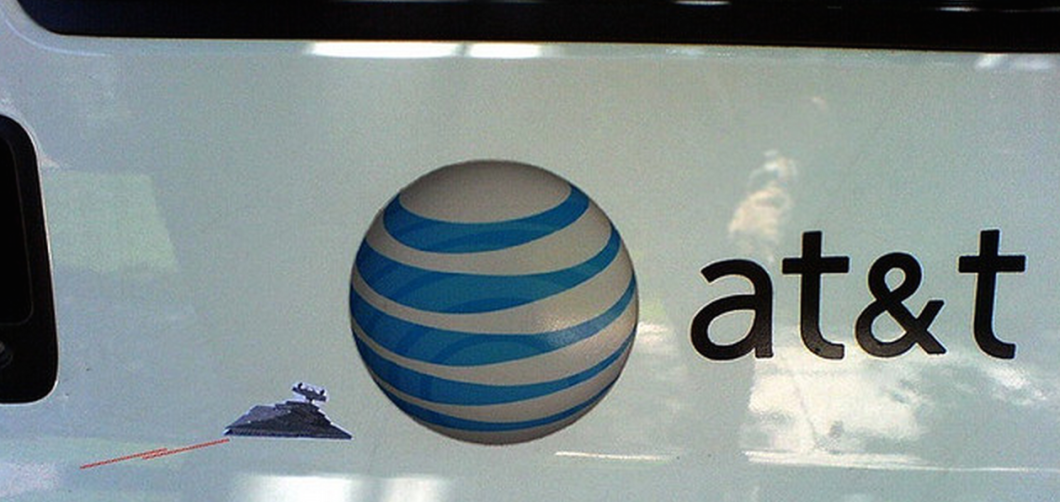AT&T Testing Wireless Home Broadband In At Least 4 States
Back in March, we were the first to report on the rough details of AT&T’s plan to use “wireless local loop” (WLL) technology to deliver Internet access into customers’ homes.
Though AT&T said that it needed the AT&T merger would help deploy its WLL offering, it does not use the satellite service to deliver Internet access to customers. Instead, WLL customers get a dedicated receiver and antenna in their homes that connect wirelessly to nearby AT&T towers.
The idea is to provide service that doesn’t require running an expensive cable/fiber line but which offers a connection that’s more reliable and consistent than a mobile hotspot.
FierceWireless reports that testing of WLL has begun in parts of at least four states — Alabama, Georgia, Kansas and Virginia — and that users there are reporting seeing data speeds of 15-25Mbps.
That’s not blazing fast, but it’s sufficient for many consumer’s current data needs. The two things we still don’t know — price and whether there are any data caps — will probably determine whether WLL has the legs to succeed.
In order to make WLL marketable, AT&T would need to charge a heck of a lot less per gigabyte than it does for its LTE wireless data.
Most home broadband plans include data limits of at least 250GB a month. AT&T’s largest LTE data plan tops out at 50GB and costs $350. That’s $7.50 per gigabyte. The company can’t charge anywhere near that amount — or, conversely, try to limit use to only a few gigabytes per month — and hope to win over the 13 million home broadband subscribers it said it would try to reach.
Want more consumer news? Visit our parent organization, Consumer Reports, for the latest on scams, recalls, and other consumer issues.


